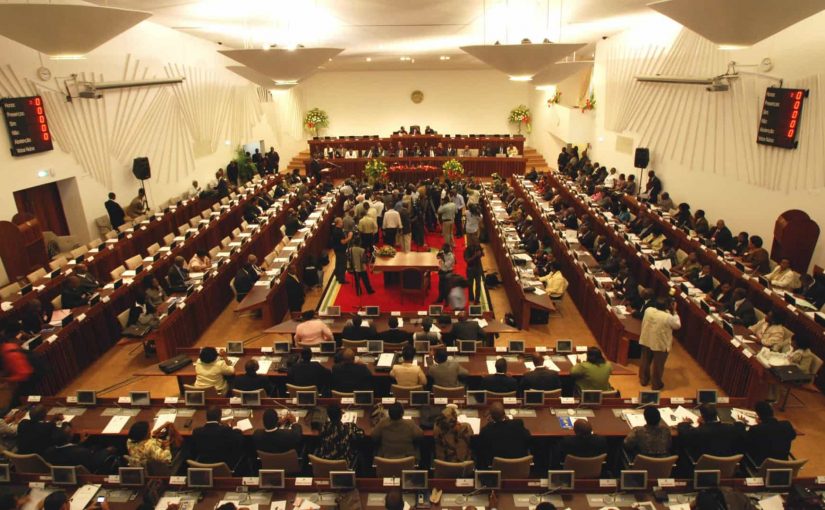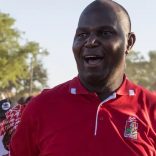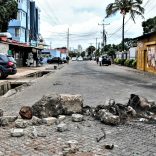Mozambique: Story on electronic voting “entirely false”, says MISA
Research concludes that Mozambique has fewer young deputies

FILE - The research notes that, in the last three terms of office, the number of young people in parliament has dropped from 46 in the 2010-2014 legislature to just 17 in the current 2020-2024 legislature. Of these 17 MPs, only six will still be under the age of 35 at the end of their term. [File photo: Lusa]
A study concludes that fewer young people have been elected to political positions in Mozambique, leading them to express themselves in informal spaces such as social networks, one of the promoters told Lusa.
“We live in a society that thinks that the most important decisions should be left to the elders and not necessarily to the younger ones,” said Victor Fazenda, project manager at the Institute for Multiparty Democracy (IMD).
The research notes that, in the last three terms of office, the number of young people in parliament has dropped from 46 in the 2010-2014 legislature to just 17 in the current 2020-2024 legislature.
Of these 17 young people, only six will still be under the age of 35 at the end of their term.
The same study indicates that, at provincial level (the country has 11 provinces), in the term of office starting in 2020, all elected governors, and those appointed Provincial Secretaries of State by the President of the Republic, were over 40 years of age.
Of the 800 seats in provincial assemblies across the country, only 64 young people were elected members of the bodies, far fewer than the 20% minimum quotas indicated by the different political parties, the document says.
The participation of young people in the decentralisation process is also limited, said Victor Fazenda on the sidelines of meetings with different members of party youth organisations in Chimoio on Friday.
Political parties’ control of access to local bodies leads young people to opt for informal spaces such as social networks for participation in politics, and to promote their voice in the context of local governance.
On the other hand,” at local level, there is a bit of intolerance for those who think differently – a bit of abuse, of persecuting those who think differently,” Fazenda said, alluding to some episodes of political confrontation.
“For example, a young person who is a member of an opposition party does not have the same treatment as one in the party in government,” Fazenda noted.
Arnesse Gabriel, a member of the women’s league of the opposition Renamo party in Tete, complained at one IMD public meeting about the exclusion of young people from party lists, after being used in electoral campaigns to secure election.
“When the time comes for opportunities, they say we are too inexperienced,” Gabriel said, adding that this was a common complaint of all party youth.
Tomás Tomussene, provincial coordinator of the Youth Parliament in Manica province, also said that parties continued to use youth as “political furniture”.
“Leaders of all political parties are not very interested in including young people at the top,” and in decision-making, preferring to accommodate the elderly, he said.
Tomussene defended parity for young people in party-political decision-making bodies, similar to the quota allocated to women.
Of the approximately 30 million inhabitants of Mozambique (total extrapolated from the 2017 census), about half are estimated to be under the age of 18.












Leave a Reply
Be the First to Comment!
You must be logged in to post a comment.
You must be logged in to post a comment.